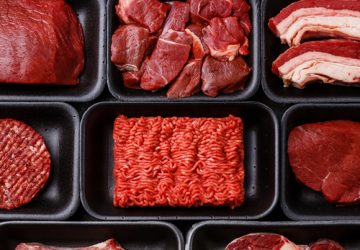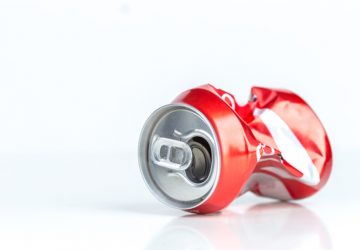The American Stop Smoking Intervention Study (ASSIST), quoting from the American Journal of Public Health: “[T]here is public support for additional public health efforts to regulate the sale and consumption of high-fat foods and tobacco through policy and environmental change… Environmental and policy interventions use the force of law and regulation to change behavior and social norms rather than trying to achieve change through the more clinical and less efficient model of individual remediation.”
(ASSIST Information Exchange Conference, October 1995)
From the National Cancer Institute’s “Lessons From the Tobacco Wars:” “Lifestyle decisions are up to the individual, but the environment in which the individual is functioning needs to help support that,” a reference to “control measures by government.”
(Journal of the National Cancer Institute, 1998, Issue 90)
This spring, the U.S. Department of Agriculture’s nutrition intervention pilot program in Mississippi will audit what people eat. Why? According to Secretary Dan Glickman, “You’ve got to figure out what motivates people so you can try to help them modify their diets.”
USDA spokesman John Webster recently said, “Right now this anti-obesity campaign is in its infancy.” He’s right. In May, the USDA will also unveil something called the Behavior Nutrition Research Initiative. As to the USDA’s ultimate goal, Webster said, “[W]e want to turn people around and give them assistance in eating nutritious foods.”
Apparently the era of big government is not quite over yet.




